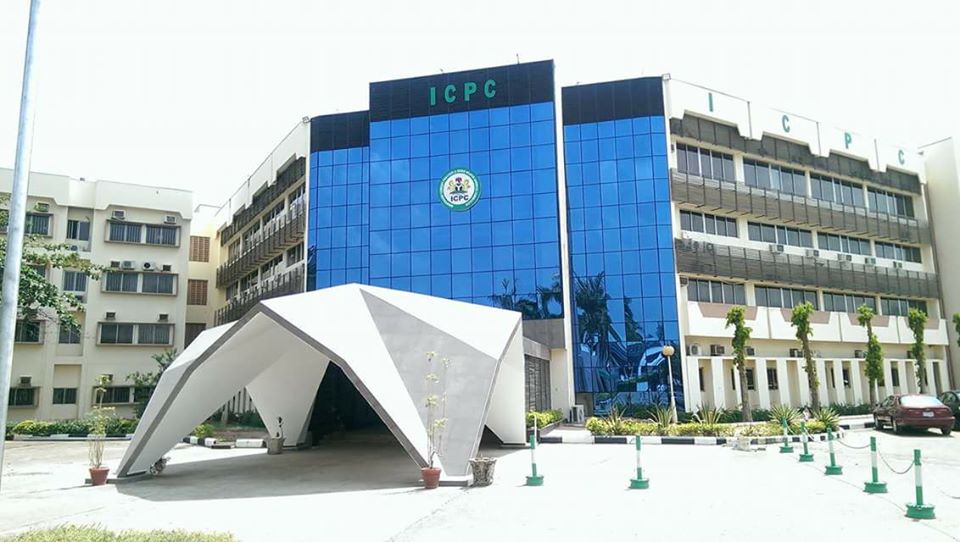CandiDatos
CandiDatos.gt is a Guatemalan platform that profiles political candidates, helps register voters, and fights corruption by enforcing transparency. When citizens contact candidates through the website, the responses are tracked and ranked.
A 10-question survey enables voters to identify the candidate who most coincides with their ideas, helping them to make informed choices. To date, CandiDatos has helped register some 10,000 young, first-time Guatemalan voters, and organized public forums to discuss corruption, as well as topics such as youth, technology and democracy; public financing of political parties; and reform of electoral law and the political party system.
The platform was created by a grassroots citizens’ network that included the Guatemala Chapter of the World Economic Forum’s Global Shapers Community, and Red Ciudadana, a group dedicated to strengthening anticorruption initiatives and broadening transparency. During Guatemala’s 2015 general elections, it provided information on candidates competing in the second round of the presidential contest held on October 25.
Developers plan to track the campaign promises of President Jimmy Morales’ administration to reinforce a goal of empowering citizens as watchdogs over their political leaders.
CityflagCityflag, a mobile app currently in development, will give citizens the ability to report infrastructure problems and crime in their neighborhoods. App users can “flag” problems, ranging from potholes in the street to delinquency, and post photos and videos along with their reports. Using GPS, the app collects the reported information, aggregates it, and displays it on an interactive map. Cityflag users and public officials are then able to track and monitor the government’s response to claims made through the app.
To encourage participation, Cityflag users will earn points for their reports, culminating in badges and rewards that can be cashed in for products from local businesses – a process that Cityflag co-founder and CFO Eduardo Bravo describes as “game dynamics.” The app is scheduled to be released in both Mexico and Texas in early 2016 and will be available in Spanish and English.
Ojo Con Mi PistoOjo con mi pisto, or “Be careful with my money,” is a journalist-run platform that tracks public spending in Guatemala, aiming to uncover government corruption and inefficiencies. Using reports and citizen complaints from the national procurement portal, Guatecompras, Ojo con mi pisto generates digital maps pinpointing state awarded contracts, project status, personnel and costs, to reveal inconsistencies between government reports and how taxpayer money is actually being spent. This year alone, the site has published more than 200 articles on the misuse of public funds; 160 on political, economic and social issues; and 60 associated with the 2015 general elections.
A reference point as well for citizen activists, Ojo con mi pisto was awarded the 2014 National Award for Journalism in the investigative reporting category from the National Social Security Institute for Journalists for uncovering a pay-to-play scheme among elected officials in the community of Barberena, southeast of Guatemala City.
The concept was developed in 2013 by Laboratorios de Medios, a media firm, through a grant from the United States Agency for International Development. The firm’s future plans include a mobile, geo-referencing application to monitor local construction ventures, with the ability to report in real time.
Yo Di Un MocheYo Di Un Moche, or “I paid a bribe,” is a mobile platform that lets citizens in Monterrey, Mexico, anonymously report bribes they have paid, or were asked to pay, at any level of government. Users list the date, amount, and specific person who asked for the bribe. Yo Di Un Moche feeds the collected information into a map displaying where in Monterrey the bribes where paid.
The website was created by a concerned family, which has chosen to remain anonymous, as a tool for social change in their home city, where corruption is considered a major problem. They pulled inspiration for the website directly from the Indian app called I Paid a Bribe, which was developed in 2010 by Janaagraha, a nonprofit organization based in Bangalore, India.
Since its launch in 2014, Yo Di Un Moche has received over 150 bribe reports. Ultimately, the app’s architects hope that Yo Di Un Moche will unveil the extent of corruption in Monterrey, exposing its negative economic impact, and serve as a helpful tool for organizations and institutions dedicated to fighting corruption.
—
Antonio Garrastazu wrote entries on CandiDatos and Ojo Con Mi Pisto. Garrastazu is the resident director for Central America at the International Republican Institute.
Michelle Toussaint wrote entries on Cityflag and Yo Di Un Moche. Toussaint is a University of Texas at Austin graduate from Monterrey, Mexico.
Four Great Corruption-Killing Apps


